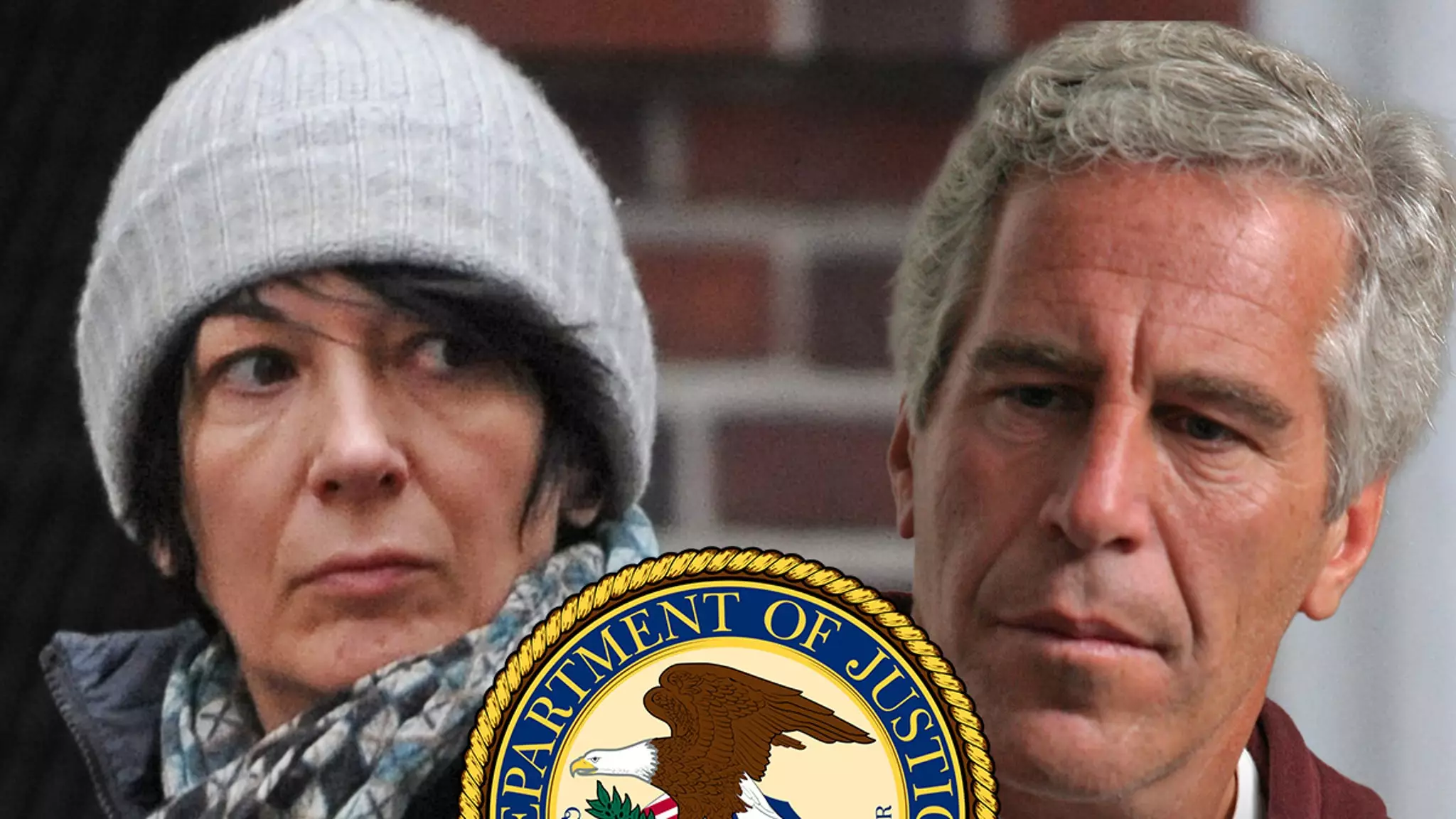Ghislaine Maxwell’s latest engagement with federal investigators marks a pivotal moment in the ongoing saga surrounding Jeffrey Epstein’s troubling legacy. On the surface, it appears to be a standard investigative procedure—interviewing key figures and gathering evidence. Yet, beneath this surface lies a complex web of legal maneuvering, political implications, and unspoken truths that demand critical examination. Maxwell, once a confidante and accomplice to Epstein, now finds herself at the center of a storm that questions not only her own culpability but also the broader network capable of shielding powerful predators.
While her lawyer asserts that Maxwell provided “full cooperation” and touched on multiple individuals linked to Epstein, the details remain opaque. The limited immunity reportedly granted to her raises questions about the strategic importance the prosecutors might assign to her testimony. Is this a genuine effort to reveal hidden truths or a calculated move to appease public curiosity without risking explosive disclosures? The political climate, with banners protesting alleged favoritism and protective alliances, underscores the contentious nature of this case. Essentially, the investigation seems to balance on a knife’s edge—seeking accountability while navigating the sensitive terrain of high-profile connections and potential cover-ups.
Puzzles of Justice: What Has Been Revealed and What Remains Hidden
Maxwell’s recent interview sessions, spanning two days at a courthouse close to her incarceration, become more than just another procedural chapter. They symbolize an attempt by federal authorities to peel back the layers of Epstein’s clandestine social world, a world riddled with secrets, coercion, and manipulation. However, the public’s understanding remains limited by the clandestine nature of these proceedings. The question persists: what exactly did Maxwell disclose, and how might her revelations reshape the narrative?
The fact that she has not testified in her 2021 trial, yet now faces intensive questioning, prompts speculation about her evolving role in the labyrinthine investigation. The immunity she reportedly received suggests she might hold key information—possibly enough to implicate others or expose darker corridors of influence. Nonetheless, her lawyer’s statement about the “truth coming out” can also be seen as a cautious reassurance, perhaps masking the reality that some truths may remain buried or ambiguous. As the investigation unfolds, the public’s hunger for clarity confronts the reality of sparse disclosures and intricate legal protections.
Beyond the Courtroom: Power, Politics, and Public Sentiment
The political undertones surrounding Maxwell’s interview cannot be ignored. The protest banner flown during her recent questioning, alleging political protections for predators, reflects deep societal tensions. Amidst accusations of corruption, favoritism, and cover-ups within powerful circles—including the Trump administration—the case has become a microcosm of larger debates about accountability. The relentless media focus and public discourse around Epstein’s “client list” reveal a society grappling with uncomfortable truths about elites who may have operated outside the bounds of justice.
Moreover, the skepticism about the true scope of ongoing investigations hints at a broader perception: that the wheels of justice are often slow or skewed when influential figures are involved. Maxwell’s cooperation may not be viewed as a genuine hunt for truth but as a strategic move to forestall even greater disclosures. As new details emerge, the balance of power, secrecy, and public trust continues to sway—highlighting the inherent challenges in navigating such high-stakes cases.
Perhaps most critically, what remains hidden behind these proceedings is the extent to which justice will ultimately be served. While Maxwell’s questions have opened a new chapter, the full story of Epstein’s network, and the powerful individuals allegedly implicated, still resides in shadows. Whether the truth will finally emerge intact or be compromised by political and legal gamesmanship is a question that will linger long after the courtroom doors close.

